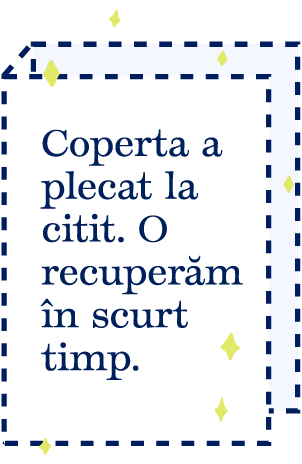The Book of Irish Bulls: Gaffes, Jests, and Paradoxes in National Literature and Rhetoric

The Book of Irish Bulls: Gaffes, Jests, and Paradoxes in National Literature and Rhetoric
"What is that unforgettable line?" So asks Winnie, the heroine of Samuel Beckett's Happy Days, enacting a long tradition of bulls in Irish literature and rhetoric. Defined as an apparently self-contradictory or nonsensical statement, the Irish bull has a long history in the national culture, especially on stage. In some ways, the bull foreshadowed Absurdist theatre: both suggest a deeper meaning for surface-level nonsense. Since the Renaissance, Irish and English playwrights have used bulls as characteristic utterances of the Irish, particularly comedic stage-Irish characters. This book takes readers on a tour of bulls across history, with exemplary citations from famous literature. These contortions of literal English-language usage have invited varied responses. For audiences, they can indicate mere stupidity, a struggle with a foreign and imperial language, sarcasm, or paradox. Political circumstances sometimes fostered pejorative displays of Irish characters' verbal idiosyncrasies, signaling sloth, buffoonery, and ignorance. Oscar Wilde used bulls in wealthy English settings, mining their comical and paradoxical potential. Abbey Theatre playwrights, in turn, rescued Irish bulls from use as demeaning satire. Samuel Beckett displayed neither the Abbey's nationalist impetus nor James Joyce's literary orientation to Dublin life. Like Wilde, Beckett took bulls into new settings, where they continue to resonate today.
E.C. Walsh got his PhD in English language and literature from The Catholic University of America and has taught college literature and rhetoric courses for nearly a decade. Before that he spent over a decade as a reporter and editor.
PRP: 123.94 Lei
Acesta este Prețul Recomandat de Producător. Prețul de vânzare al produsului este afișat mai jos.
111.55Lei
111.55Lei
123.94 LeiIndisponibil
Descrierea produsului
"What is that unforgettable line?" So asks Winnie, the heroine of Samuel Beckett's Happy Days, enacting a long tradition of bulls in Irish literature and rhetoric. Defined as an apparently self-contradictory or nonsensical statement, the Irish bull has a long history in the national culture, especially on stage. In some ways, the bull foreshadowed Absurdist theatre: both suggest a deeper meaning for surface-level nonsense. Since the Renaissance, Irish and English playwrights have used bulls as characteristic utterances of the Irish, particularly comedic stage-Irish characters. This book takes readers on a tour of bulls across history, with exemplary citations from famous literature. These contortions of literal English-language usage have invited varied responses. For audiences, they can indicate mere stupidity, a struggle with a foreign and imperial language, sarcasm, or paradox. Political circumstances sometimes fostered pejorative displays of Irish characters' verbal idiosyncrasies, signaling sloth, buffoonery, and ignorance. Oscar Wilde used bulls in wealthy English settings, mining their comical and paradoxical potential. Abbey Theatre playwrights, in turn, rescued Irish bulls from use as demeaning satire. Samuel Beckett displayed neither the Abbey's nationalist impetus nor James Joyce's literary orientation to Dublin life. Like Wilde, Beckett took bulls into new settings, where they continue to resonate today.
E.C. Walsh got his PhD in English language and literature from The Catholic University of America and has taught college literature and rhetoric courses for nearly a decade. Before that he spent over a decade as a reporter and editor.
Detaliile produsului













